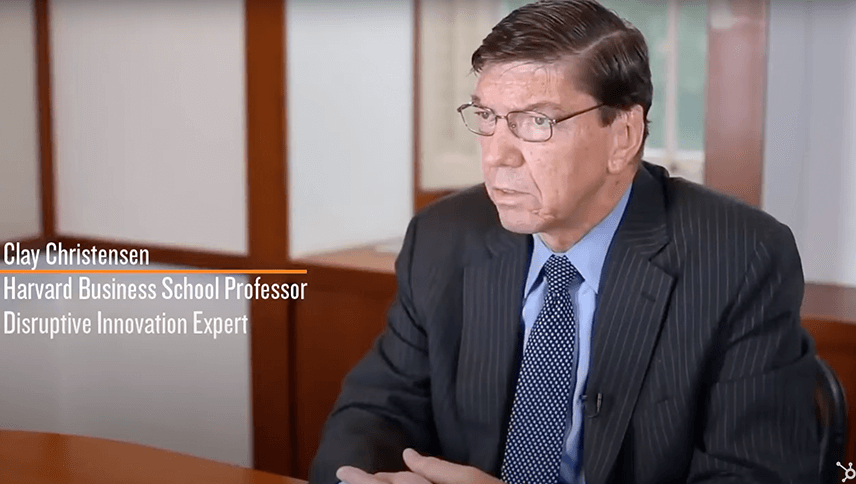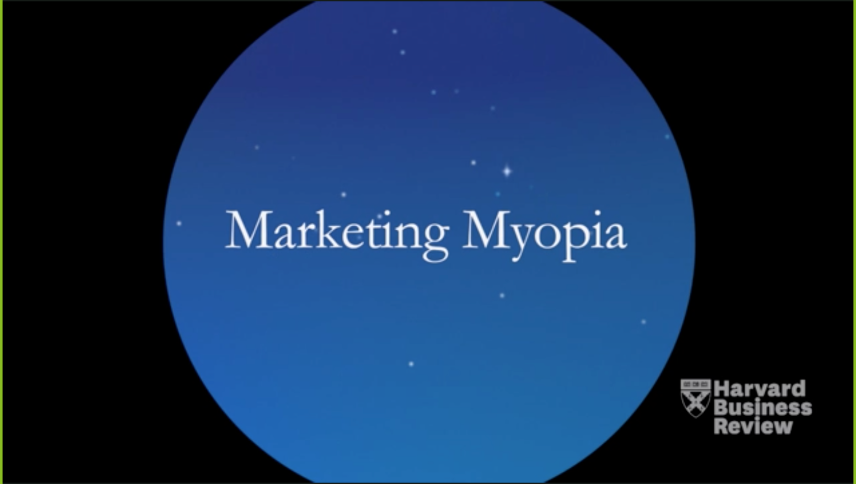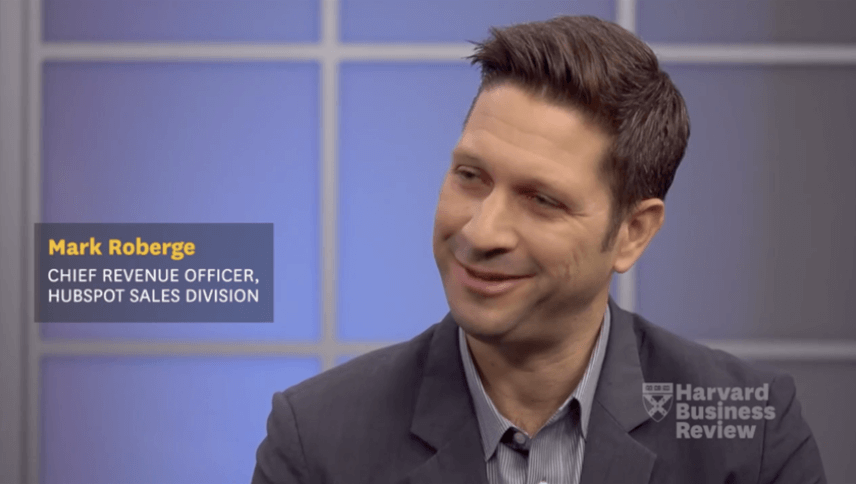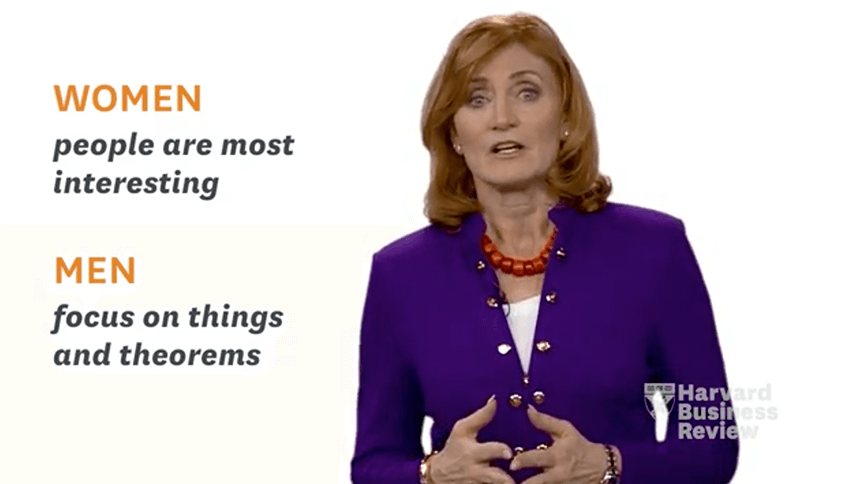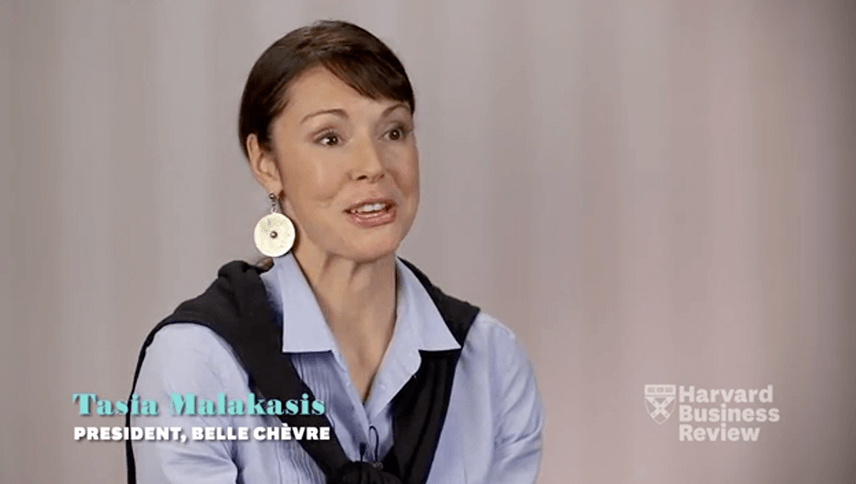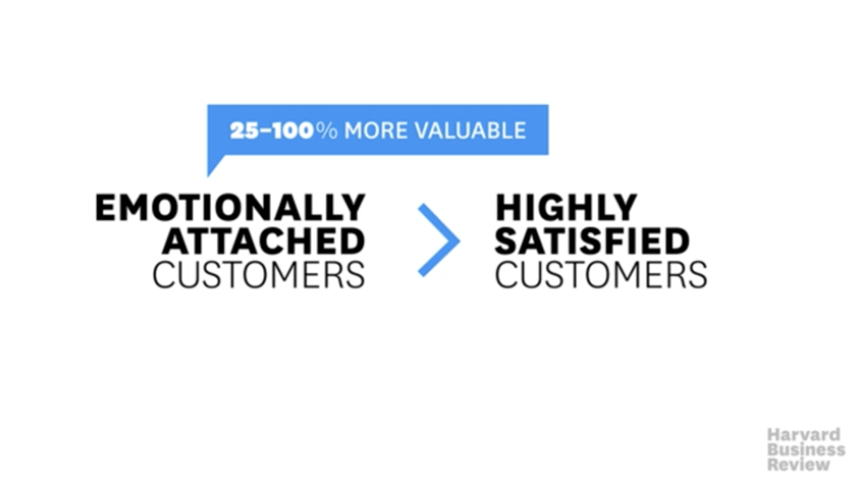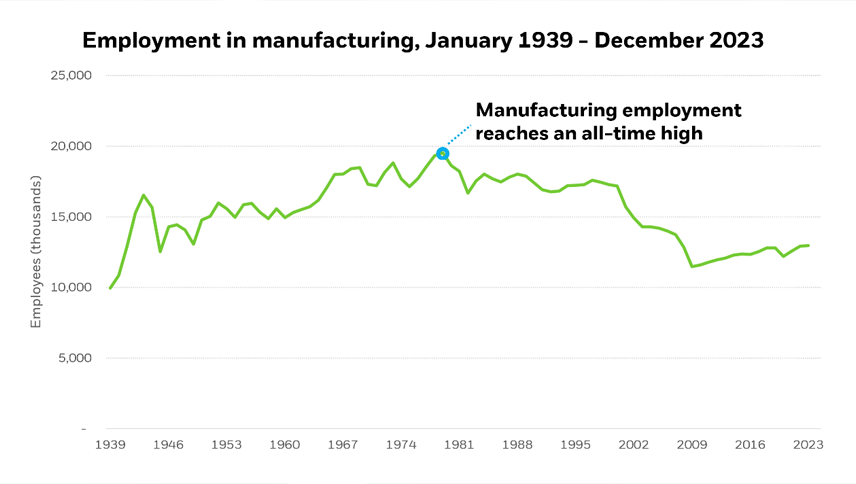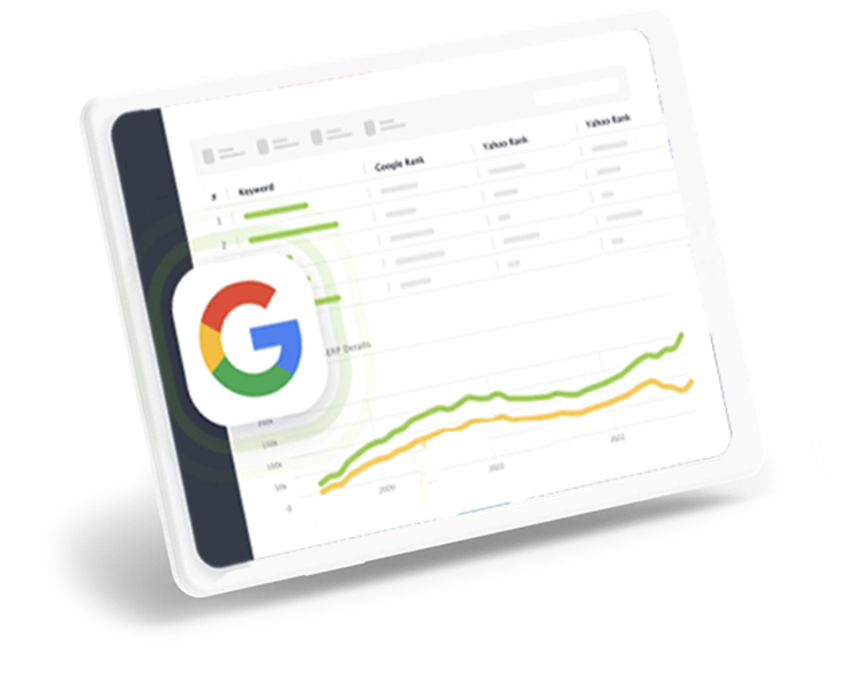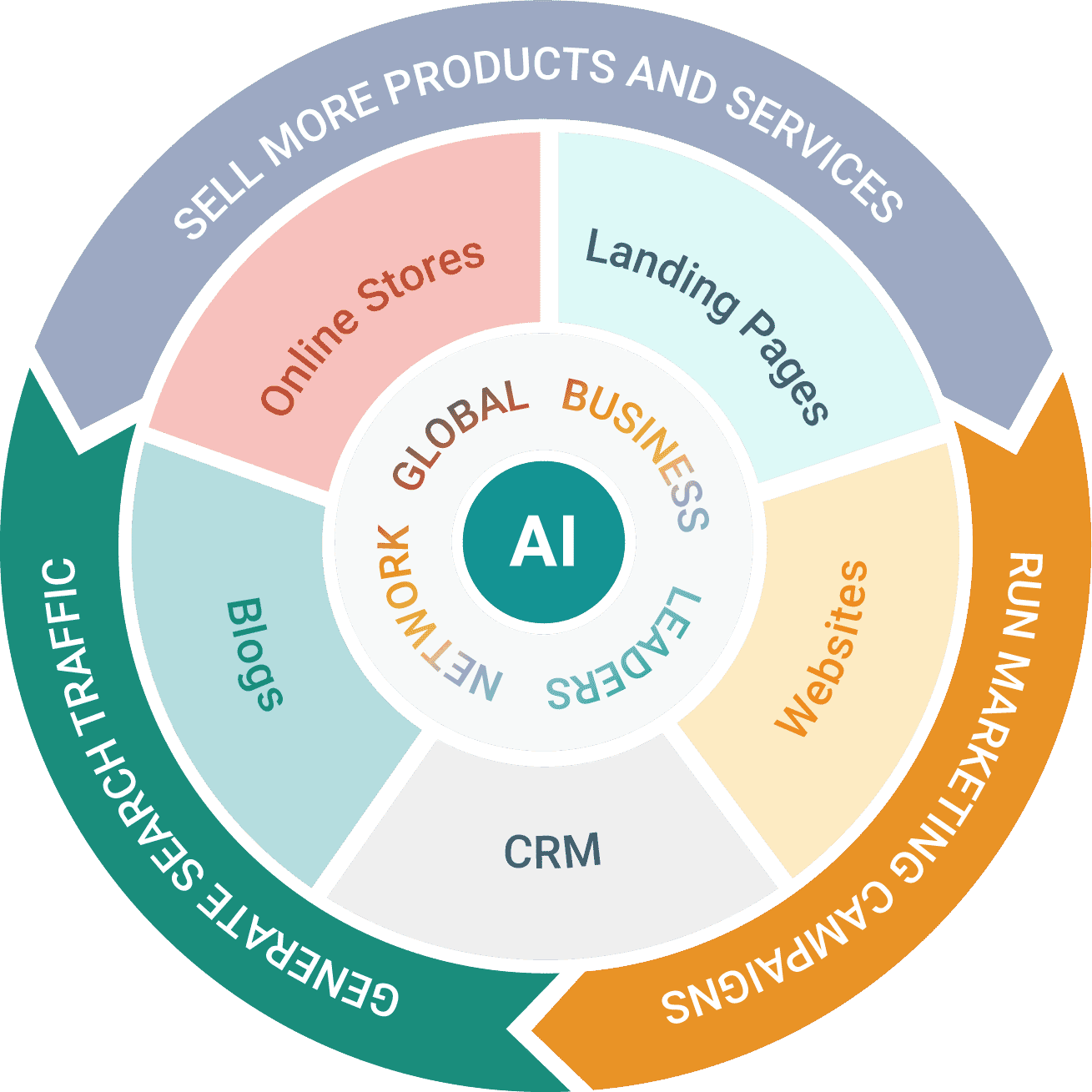What is Marketing Myopia?
Harvard Business Review
Every year, some 30, 000 new consumer products are launched, and 90 percent of them fail. A key reason is what the late Harvard Business School professor Theodore Levitt famously termed, Marketing Myopia. A nearsighted focus on selling products and services rather than seeing the big picture of what consumers really want.
As he used to tell his students, people don’t want to buy a quarter inch drill. They want to buy a quarter inch hole. The railroad lines are a classic case study. They fell into a steep decline because they thought they were in the rail business rather than being providers of transportation. Instead of branching out into cars, trucks, or airplanes, they let other companies steal away their passenger and freight traffic.
Or take oil and gas companies. They’ve belatedly started to think of themselves as energy providers, but they still devote most of their resources to petroleum. If they fail to develop alternative fuels, they risk becoming companies without an industry. Many others have made, and continue to make, the same mistake.
Organizations invest so much time, energy, and money in what they currently do, that they’re blind to the future. They get lulled into thinking they’re in a growth industry, rather than continuously capitalizing on growth opportunities. To avoid the same fate, leaders should ask themselves, what business are we really in?
They need to understand that the goal isn’t to sell things, it’s to satisfy customers. And accept the fact that most existing products and services can, and will, be replaced by competitive alternatives. Then they can identify new offerings that meet consumers needs sooner than any existing or potential competitor.
That’s the cure for marketing myopia.


